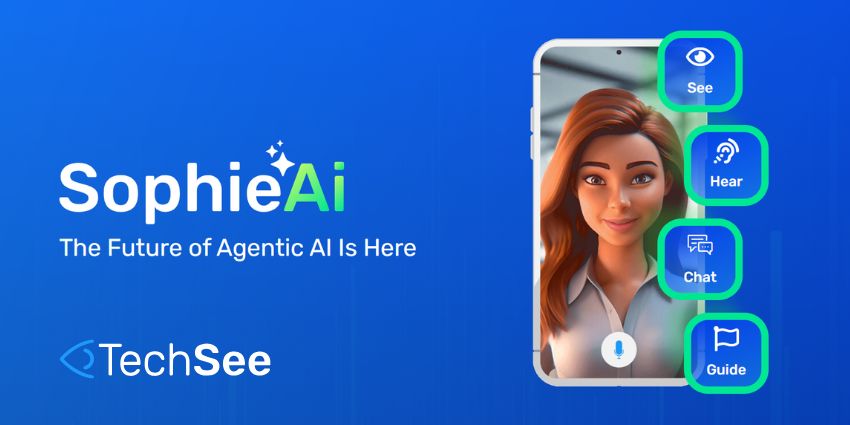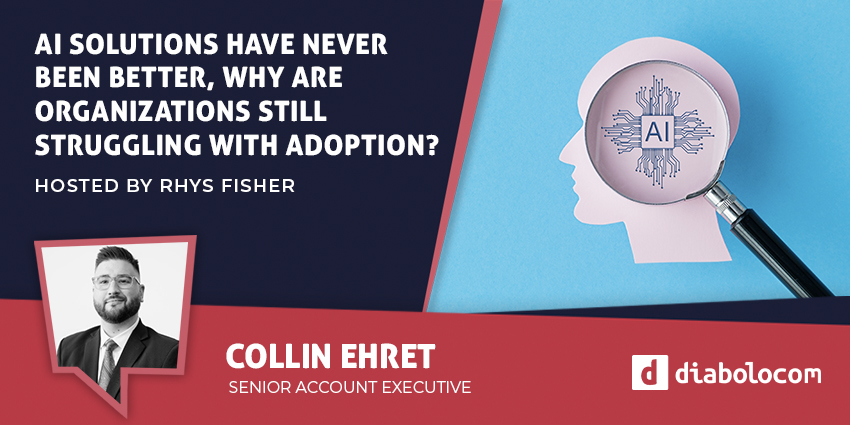This week in CX has seen an integration expansion from Salesforce, a big CCaaS win for Zoom, a new AI release from Twilio, and an agentic AI announcement from IBM.
Here are extracts from some of our most popular news stories over the past seven days.
Salesforce Expands Its Contact Center Integration Program, Leads a New Era of CX Convergence
Salesforce has launched a Bring Your Own Channel for CCaaS pilot program to deepen its integrations with cloud contact center providers.
The pilot expands on its successful “Bring Your Own Telephony” (BYOT) initiative, which has enabled 17 CCaaS partners to push their voice solutions into Salesforce Service Cloud.
Now, selected partners may go further and bring their digital engagement channels to Service Cloud.
AWS, Genesys, and Vonage are part of the pilot, with the former leveraging the integration to already market a unified CCaaS-CRM offering: the Salesforce Contact Center with Amazon Connect.
However, expect many other CCaaS providers to soon join the program – once it comes out of pilot – as Salesforce strives to avoid playing favorites.
“We aim to build a broad ecosystem that provides customers with choice,” said Kishan Chetan, EVP and GM for Service Cloud, in an exclusive interview with CX Today.
Many customers already have relationships with telephony or contact center vendors, and these may be different across geographies. Our goal is to accommodate these choices while ensuring seamless integration with Salesforce.
In other words, it’s not about favoring any one vendor; it’s about enabling flexibility (Read on…).
Zoom Lands Its “Largest Ever” CCaaS Deal, Enjoys 82% Surge In Contact Center Customers
Zoom Communications has signed a 20,000+ seat contact center megadeal with Agencia Tributaria, Spain’s National Revenue Service.
The move represents its “largest ever” CCaaS deal, surpassing another massive win the company penned last quarter.
According to Eric Yuan, Founder & CEO of Zoom, the deal demonstrates Zoom’s ability to compete at the high end of the market, expand further into EMEA, and win with the channel.
It also represents Zoom’s ability to expand on existing customer relationships, with Agencia Tributaria previously deploying 30,000+ Zoom Phone seats.
Sharing more on Zoom’s relationship with the National Revenue Service, Yuan said:
After Zoom Phone rapidly delivered value at scale to enhance efficiency and service quality during a demanding tax season in 2022, they moved to consider our total experience solutions to further elevate their taxpayer services.
Alongside the feature set, Yuan noted Zoom’s scalability, workforce engagement management (WEM) suite, and FedRAMP certifications as critical deal winners (Read on…).
Twilio Previews New AI Assistants for Customer-Facing Teams
Twilio has showcased a new framework to enable customer-facing teams with AI Assistants.
Available now in developer preview for Twilio users, the framework allows brands to build autonomous assistants that automate and steamline customer interactions.
In doing so, the AI Assistants may perform complex tasks without relying on cumbersome flowcharts.
The solution also offers omnichannel capabilities, allowing customers to engage in their preferred ways, whether that’s via SMS, WhatsApp, email, etc.
Moreover, the platform is supported by Segment, Twilio’s customer data platform (CDP). As such, the AI Assistants can leverage the company’s unified customer data and deliver more personalized, customer-specific responses.
Twilio’s “Customer Memory” feature is critical here. It securely gives assistants controlled access to the customer profile in Segment.
As a result, the AI Assistant’s responses can be enriched with not just the customer’s demographic data but all of the touch points they’ve had with the user’s company in the past, including page clicks, items purchased, previous conversations, and support tickets.
In doing so, the memory feature eliminates the need for customers to repeat themselves (Read on…).
IBM Introduces an Orchestration Tool to “Supervise” AI Agents
IBM has unveiled an orchestrator for autonomous AI agents: watsonx Orchestrate.
Described by IBM as a “supervisor of how work gets done”, the tool acts as the octopus head across the various autonomous AI agent suites that the business leverages.
The user can then – in natural language – tell the orchestrator which task they’d like an AI agent to automate.
From there, it pinpoints a relevant AI agent, finds pertinent internal knowledge to ground the AI Agent, and helps the user set it up.
Users can leverage a low-code interface to manage and equip agents with the necessary business logic to “ensure these autonomous systems remain grounded in business rules.” They may also interact with watsonx Orchestrate via natural language.
IBM believes that these orchestration capabilities will lead to simplified decision-making and improved tool discoverability.
As such, it can help businesses boost productivity and streamline the working experience across various departments.
IBM also announced plans for a new set of enterprise AI agents alongside its new orchestrator (Read on…).







